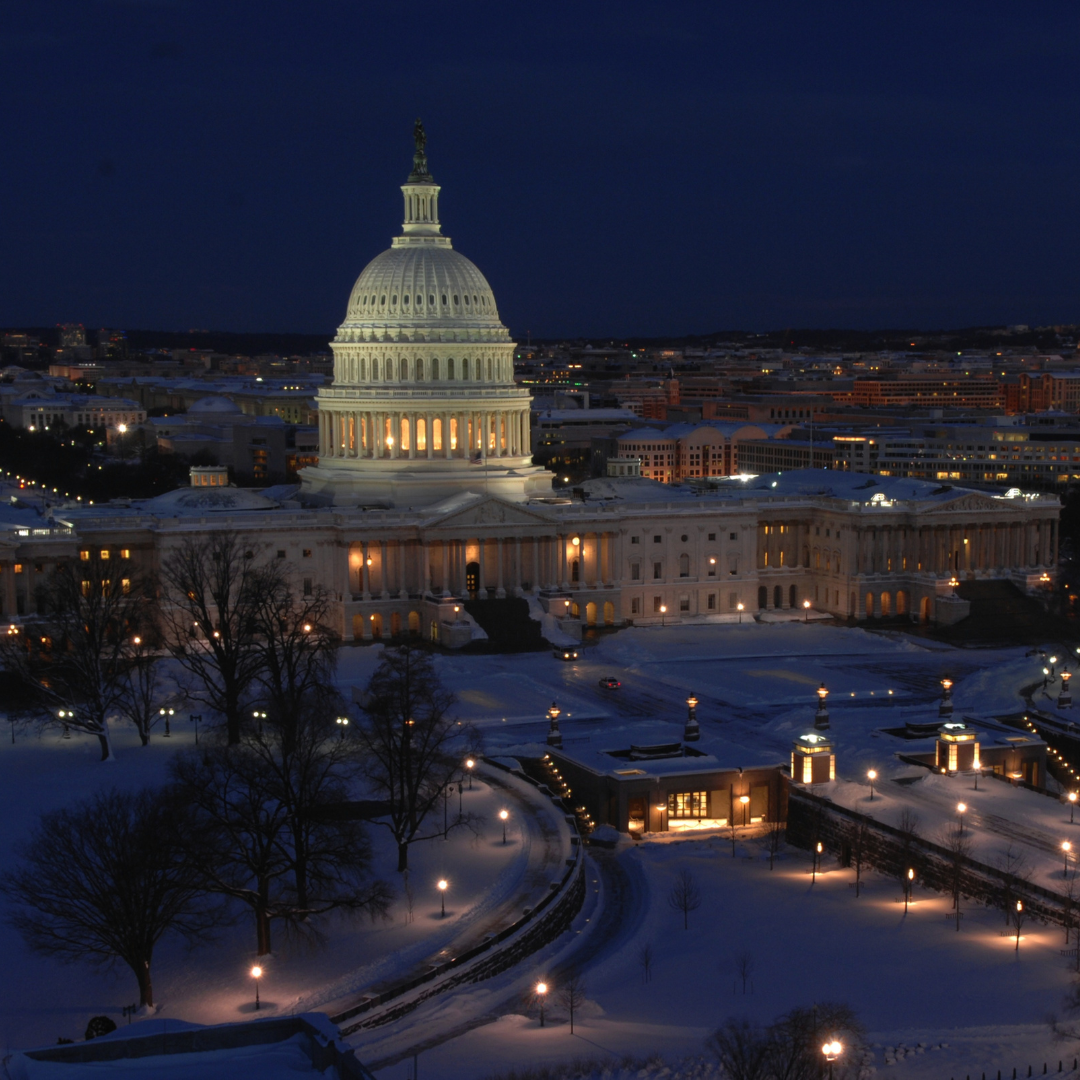Understanding Short-Term Rental Regulations in Clark County, Washington
Discover the definitive guide to short-term rental laws in Clark County, Washington. Understanding the legal landscape is essential whether you’re a seasoned host or just starting in the vacation rental business. Our detailed insights will help you navigate these regulations effectively and ensure compliance with local laws. In this guide, we break down the key regulations and requirements, allowing you to focus on what you do best – providing exceptional stays for your guests.
Clark County’s short-term rental laws can be complex, but with our guidance, you’ll gain clarity on important topics such as licensing, permitting, and tax obligations. We empower you with the knowledge you need to run a successful and legally compliant short-term rental business in this beautiful part of Washington State.

Understanding Clark County Washington Short-Term Rental Laws & Regulations
Clark County, like many other areas, has implemented regulations to manage short-term rentals effectively. These regulations aim to balance the economic opportunities presented by short-term rentals with the need to protect the character of residential neighborhoods and ensure the safety and well-being of guests. Here are some crucial aspects to consider:
Permit Requirements: Depending on your location within Clark County, you may need to obtain a short-term rental permit. Each city or unincorporated area within the county may have its own permitting process and requirements. It’s essential to research and follow the specific rules in your jurisdiction.
Occupancy Limits: Be aware of occupancy limits set by the county or specific municipalities. These limits dictate how many guests you can accommodate in your rental property. Exceeding these limits can result in fines and legal consequences.
Safety Standards: Ensure that your rental property complies with safety standards, including fire safety measures and building codes. Safety should always be a top priority for both hosts and guests.
Taxation: Be prepared to collect and remit applicable taxes, such as lodging taxes. Familiarize yourself with the tax rates and reporting requirements in your area. Failure to comply with tax regulations can lead to financial penalties.
Neighborhood Regulations: Some neighborhoods within Clark County may have their own rules regarding short-term rentals. It’s essential to respect the wishes of your neighbors and adhere to any neighborhood-specific guidelines. Maintaining positive relationships with neighbors is crucial for the long-term success of your hosting business.
Noise and Behavior: Ensure that your guests know and adhere to local noise ordinances and behavioral expectations. Establish clear house rules to minimize disturbances and maintain a peaceful neighborhood environment.
The Importance of Compliance with Clark County Short-Term Rental Laws
Complying with Clark County Washington short-term rental laws is a legal requirement and essential for maintaining a positive relationship with your community and local authorities. Non-compliance can lead to fines, legal issues, and even suspending your short-term rental operations. Moreover, it can negatively impact the reputation of short-term rental hosts in the area, potentially leading to stricter regulations.
Your Trusted Partner in Compliance
Navigating the complex landscape of short-term rental regulations can be challenging, but you don’t have to do it alone. Consider partnering with a Short-Term Rental Consultant specializing in Clark County Washington short-term rental laws and regulations. They can provide valuable insights, assist with permit applications, and ensure that your property meets all safety and compliance standards. A consultant can also help you stay up-to-date with changes in local regulations, ensuring that your business remains compliant.
Ensuring Guest Satisfaction and Safety
Beyond compliance, successful short-term rental hosting in Clark County involves ensuring guest satisfaction and safety. Here are some additional steps you can take:
Effective Communication: Maintain clear and open communication with your guests. Provide them with essential information about your property, local attractions, and emergency contacts.
Safety Measures: Implement safety measures such as smoke detectors, fire extinguishers, and first-aid kits. Conduct regular safety inspections to ensure that your property remains hazard-free.
Guest Screening: Screen your guests carefully to ensure that they align with your house rules and are respectful of the property and neighborhood.
Local Recommendations: Offer your guests recommendations for local restaurants, activities, and attractions. Providing a memorable experience can lead to positive reviews and repeat bookings.
Professional Cleaning: Arrange for professional cleaning services to maintain a clean and hygienic environment for your guests. Clearly communicate your cleaning protocols to guests.
As a short-term rental host, it’s crucial to be well-informed about Clark County Washington short-term rental laws, local regulations, and requirements. Staying compliant not only ensures the sustainability of your hosting business but also contributes to the overall well-being of your community. By understanding and adhering to the rules, you can continue to offer exceptional stays to travelers while enjoying peace of mind.
Ready to Navigate Clark County’s Short-Term Rental Laws?
If you seek expert guidance on compliance, permit applications, and optimizing your short-term rental business in Clark County, Washington, our short-term rental consultants and lawyers are here to help ensure a seamless and compliant hosting experience.
